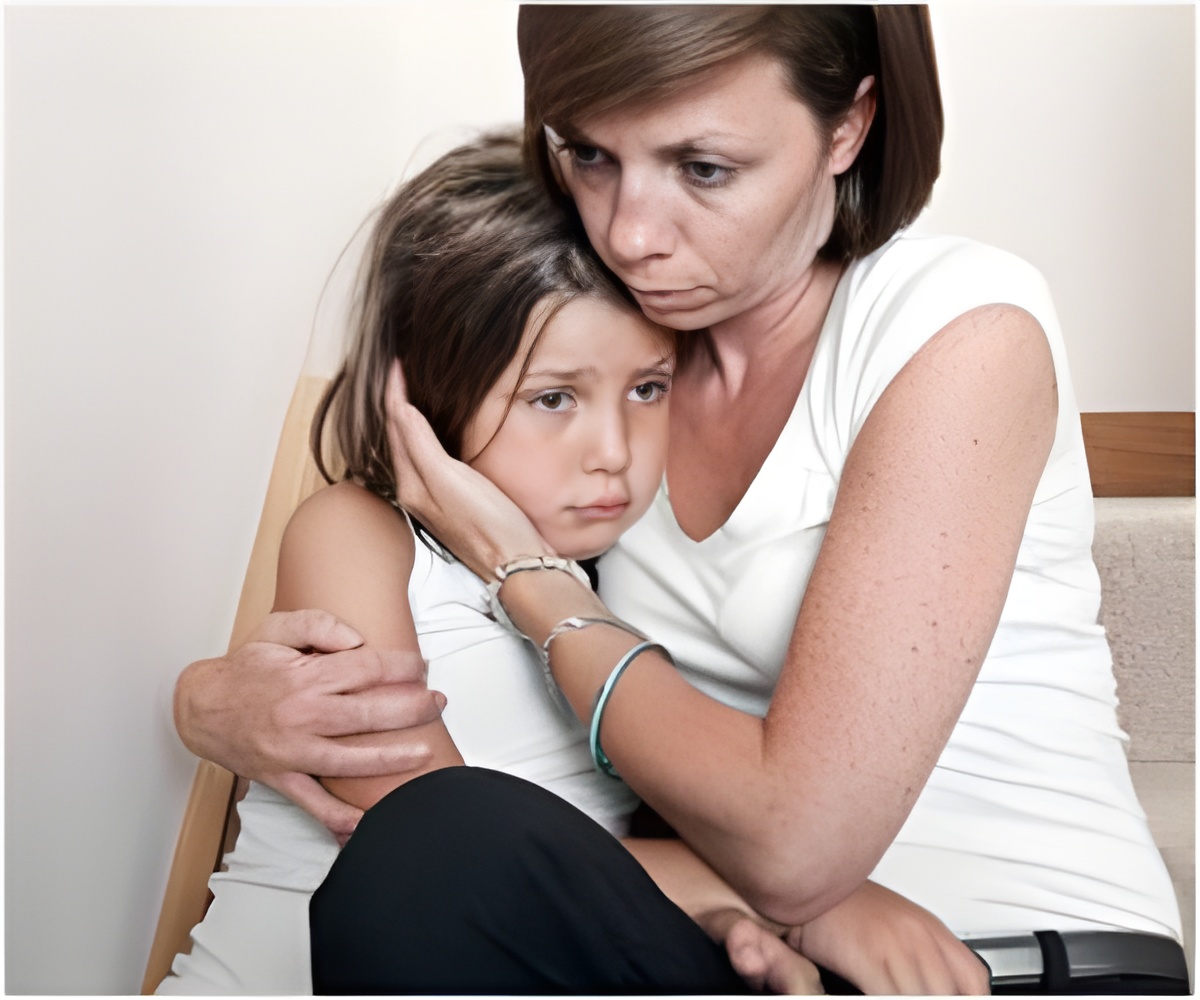Mummy, when will the war end? This is the question asked by Ibrahim, a six-year-old boy living in the eastern Ukraine town of Slavyansk, everyday.

But like any child that feels his question isn't being answered properly, Ibrahim stubbornly persists with his questioning.
"I don't know how to respond," his mother Nastia said at the gates of his school.
"At the start, we did everything to keep up a normal life but now it's impossible. Every night, there are explosions and the roads are full of armed men," she said, pointing out some uniformed rebels a few metres away, rifles and rocket launchers slung over their backs.
A little more than one month after Kiev launched its "counter-terrorism" operation against the insurgents in eastern Ukraine, signs of war are everywhere in Slavyansk, a town of 110,000 people that has become the epicentre of the conflict.
Tree branches, tyres and wooden pallettes barricade all the large avenues of Slavyansk. The main buildings are guarded by armed men, and patrols consisting of a dozen men tour the roads.
Advertisement
Every night, there are sporadic clashes between the two camps trying to regain control of one or another checkpoint.
Advertisement
"The children ask a tonne of questions and I don't know what to say. At the end of the day, we no longer know who is protecting us against who," added Nadia, the mother of a three-year-old boy and a girl of six.
"I tell them the armed men that we see everywhere are there to defend us. We try to reassure them as best we can," she said, while her children play on a rusty slide nearby.
"Everything used to be so peaceful here."
- 'Too scared to cry' -
Last week, UN children's agency UNICEF raised fears of the collapsing situation in Ukraine and its impact on the lives of children.
"Two days ago, we heard an explosion so loud that my little girl woke up screaming. She seemed completely dazed but too scared to cry," said Olona, who lives in a suburb of Slavyansk.
"I try to make her believe that it's a firework. It's clear she doesn't believe me, but I don't know what else to say. Our life has turned into a nightmare."
On a recent day in one local school, there are few children in the playground.
"We have fewer and fewer children. These last few days, barely a third are showing up," said school director Gertruda Gagachyova.
"At the same time, I understand that most parents are too scared of the fighting to bring their children to school. And every day, more families leave the town."
The school has responded by putting lessons online so that children are not completely cut off from their studies.
"It's ridiculous since even the ones who still come to school are scared and tired," said Gagachyova. "Their lives and those of teachers have been turned upside down. But what else can we do?"
Source-AFP











